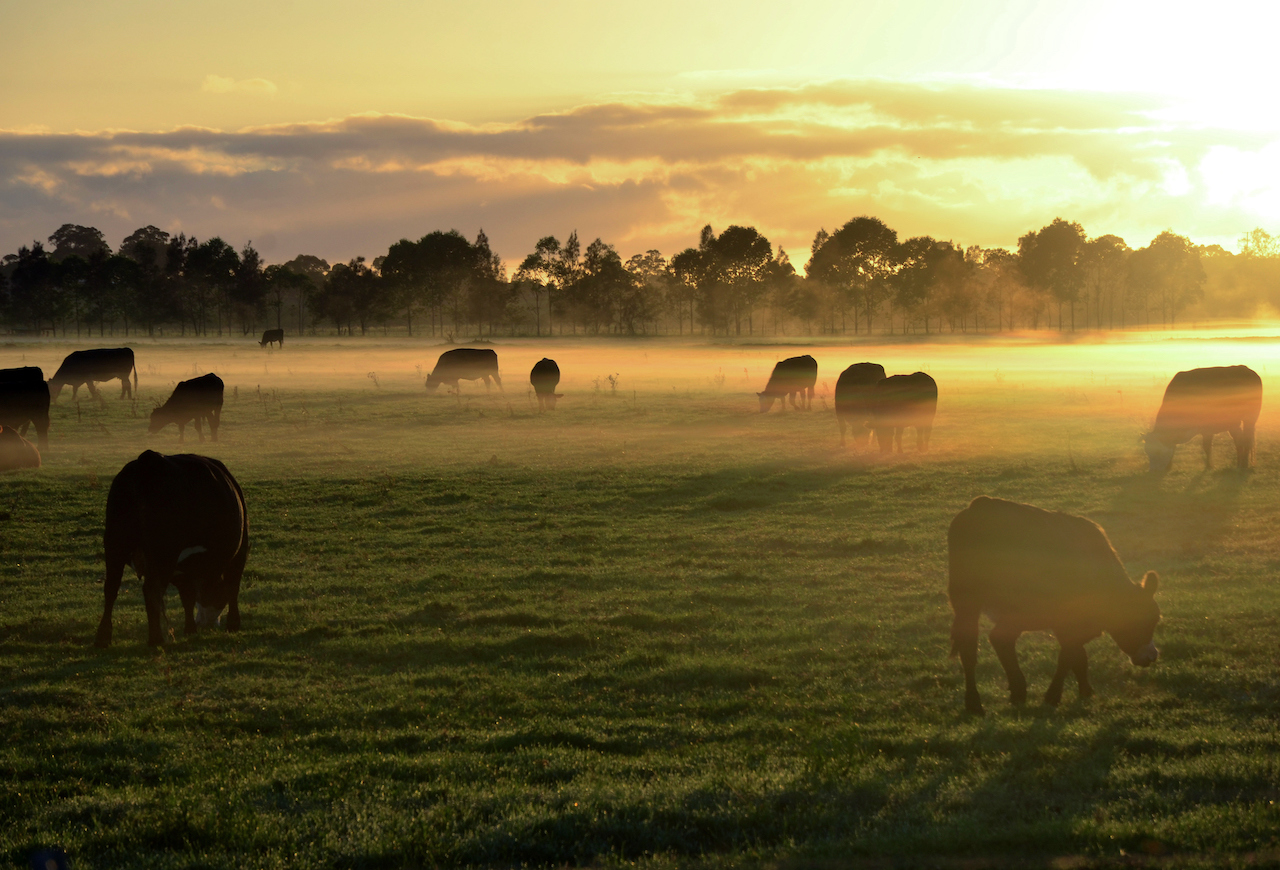SLM Partners is partnering with Impact Ag Partners to launch the SLM Agri Carbon Fund to invest in regenerative agriculture and carbon storage in Australia.

SLM Partners and impact Ag Partners have announced the launch the SLM Agri Carbon Fund, to invest in regenerative agriculture and carbon storage in Australia.
The new SLM Agri Carbon Fund will aim to scale up regenerative, low-carbon farming systems in Australia. It will acquire mixed farms in select regions of eastern Australia and implement regenerative practices such as large-scale rotational grazing, reducing tillage, cover cropping, integrating livestock with grain rotations, afforestation and environmental plantings of native vegetation.
The fund will also seek to establish carbon projects on its farms under government-approved modelled and measured methodologies to demonstrate the impacts of these practices.
A marriage of experience
This joint venture brings together two experienced managers in the field of regenerative agriculture. Both SLM and Impact Ag have a track record of building and monetising natural capital.
SLM Partners has over $550m in assets under management and manages funds and separate accounts in the USA, Australia and Europe. In Australia, over the last decade, it has acquired more than one million acres of grazing land and generated and sold 1.7 million tons of carbon credits.
Impact Ag Partners is a specialist agriculture real asset manager and operator with deep expertise in regenerative farming principles that “result in natural capital monetization opportunities.” Founded in 2010, it manages over US$500m across Australia and North America.
The fund has secured commitment from a cornerstone investor that has appetite for a real asset, mixed farming and carbon investing. Speaking to Impact Investor from the Regenerative Food Systems conference in Denver, SLM’s managing partner Paul McMahon, said: “We are already working with a European family office to implement this strategy in Australia and expect to see more interest from European investors. They are interested in Australia because of competitive agricultural sector, scale opportunities, leading regenerative operators and more developed carbon markets.”
It is understood two properties will soon be acquired in New South Wales.
Why Australia?
McMahon argues that the Australian agricultural carbon market has grown in sophistication and is about ten years ahead of similar markets in the US or Europe.
As it seeks to meet its climate targets, the Australian government has required that the 220 largest companies must reduce their emissions. While moving towards that it is expected they will need to acquire off-sets in the short term to meet these obligations – creating strong demand from corporate buyers for credits from land-based projects. There are very few nature-based off-sets currently available.
Bert Glover, managing director of Impact Ag Partners, added: “Australian agricultural real assets continue to be a positive climate and nature-based solution for the future, whilst also producing high quality food and fibre. Our confidence in the carbon market dynamics in Australia continues to grow as does the number of carbon projects we have registered.”






